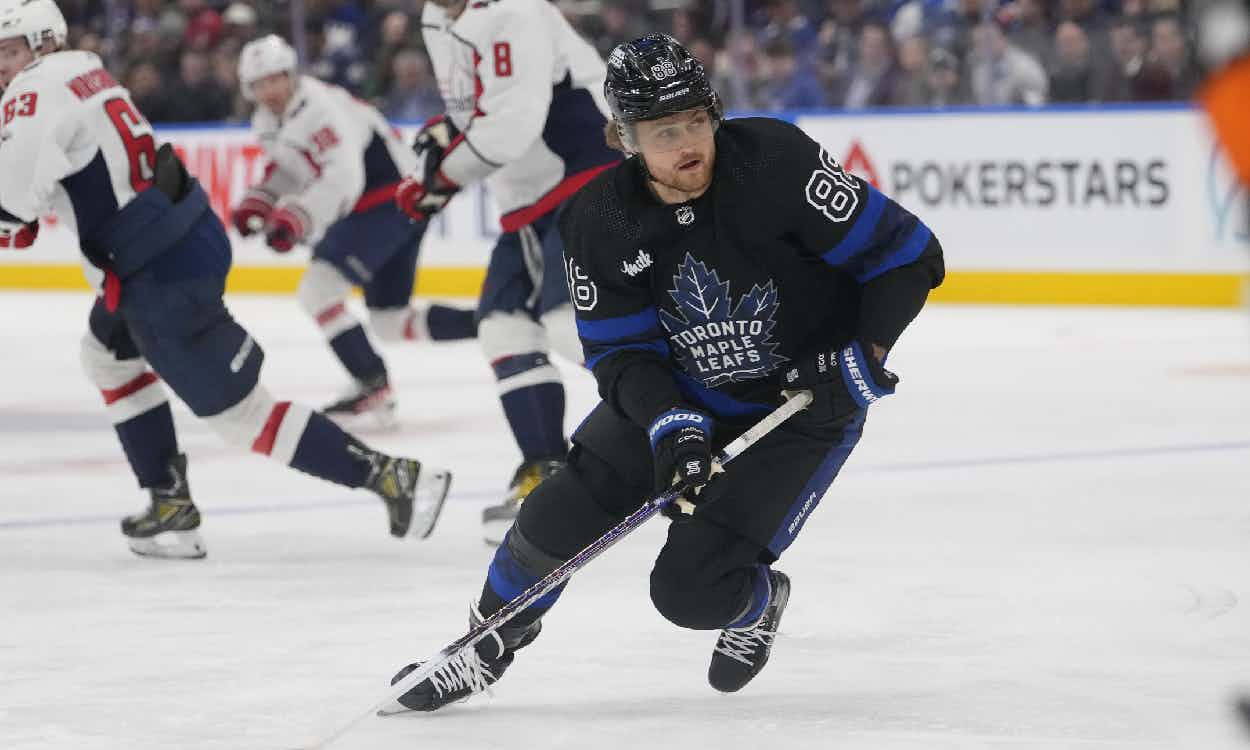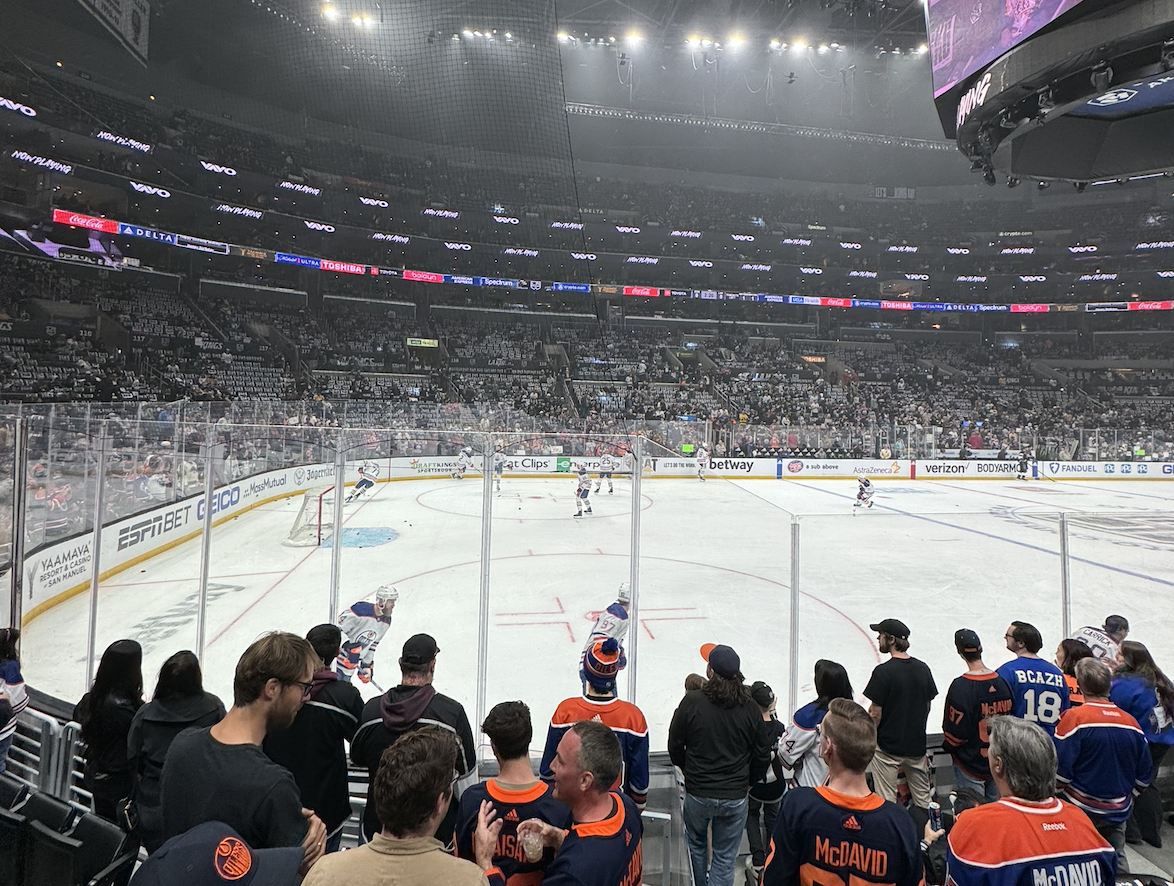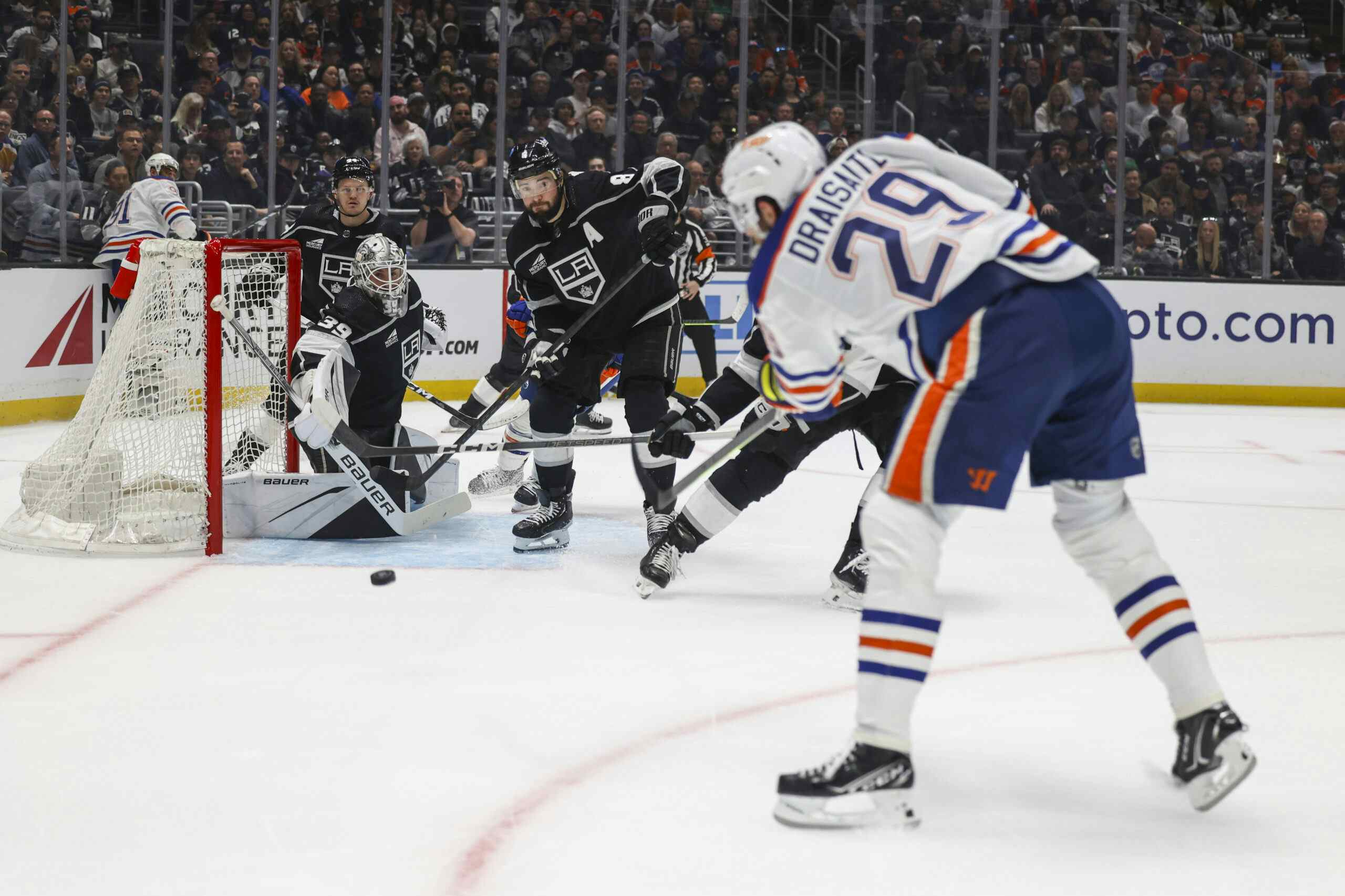How Barry Fraser and the Edmonton Oilers’ scouting staff did their part to end a dynasty

It is commonly accepted that Barry Fraser and the Oilers’ scouting staff did tremendous work early in the team’s NHL existence, laying the foundation for the dynasty years.
It is also commonly accepted that during the mid-1990’s, the same group undermined the team, squandering a host of early picks and ultimately failing to produce an adequate supply of young talent for the team.
Less well known is this: that the poor work of that scouting staff during the dynasty years helped bring an end to the powerhouse Oilers.
There’s a Scotty Bowman quote on legendary Montreal Canadiens manager Sam Pollock that I’ve quoted previously, but it applies so I’m going to include it again:
Sam was very prepared, ultra-prepared. He was a hard worker, all hockey. Traveled a lot. He had good insight into his present time, but also into the future. The Canadiens’ slogan was ‘Kids go marching on,’ which meant that he liked players coming up, adding to the team. Frank Selke was like that too, and always had lots of players in the pipeline…. Sam was never a one man show. He was very prepared and always researched everything. He was very analytical. Before he made a trade, everybody had to be onside. I mean, he was a very strong man, but he would make sure that the people who were working for him were all in agreement. He didn’t fly by the seat of his pants.
(emphasis added)
The Canadiens were successful as a dynasty in no small part because there were always kids in the pipeline ready to take the place of older players as they were moved on down the line. When the Oilers started selling off their stars, there wasn’t anyone to take their place.
The Chart

Four of the Oilers’ first five drafts were either brilliant or at the very least relatively successful. Between 1979 and 1981, Fraser and company drafted key players – Kevin Lowe, Mark Messier, Glenn Anderson, Paul Coffey, Jari Kurri, Andy Moog, Grant Fuhr and Steve Smith. In 1983, they added Esa Tikkanen and Jeff Beukeboom. Then nothing for most of the next decade.
Over those first three drafts, the Oilers added players who would dress for 10,199 NHL games. Over the next 10 drafts, all players selected by the team would manage just 9,748 games.
In 1983, the Oilers went to the Stanley Cup Finals for the first time, losing to the New York Islanders. Esa Tikkanen, drafted in the fourth round that summer, would score 630 points. Until Martin Rucinsky was taken 20th overall in 1991, no Oilers draft pick would manage to equal even half of that total.
Getting Lapped by the League

The chart above shows top-50 picks made by the Oilers between 1984 (when they first won the Stanley Cup) and 1990 (when they last won the Cup). The “Next 5” column shows the average games played by a player selected over the five picks following the Oilers’ selection. The best NHL player (not necessarily the one with the most games played) picked in that range is the final column.
Not once was an Oilers draft pick the best of the group, and only twice (defencemen Brad Werenka and Francois Leroux) was that player better than the average of the following five picks. The 1990 Draft is particularly galling – Scott Allison never played an NHL game, while three of the next four picks (Keith Tkachuk, Martin Brodeur, Bryan Smolinski) would go on to 1000+ game careers.
The Oilers scouts were getting lapped by the league, and the team would pay for it in the 1990’s.
The End
The reputation forged in those first few brilliant drafts kept Barry Fraser employed throughout the 1990’s, and it wasn’t until after a series of blown first round picks and the elevation of Kevin Lowe to the top hockey operations job that Fraser was replaced by Kevin Prendergast. While Prendergast’s tenure isn’t remembered fondly, it is beyond question that he was an improvement on the final 15 years or so of Barry Fraser and company.
Fraser and his scouts weren’t solely, or perhaps even primarily responsible for the Oilers collapse – the man who earns most of the blame is Peter Pocklington – but it seems highly likely that the Oilers would have been a competitive club for a significantly longer time had Fraser’s crew done a better job back in the dynasty years.
Recently by Jonathan Willis
- Nail Yakupov 3, St. Petersburg 2
- Will Ryan Nugent-Hopkins always be bad at faceoffs?
- The case for Patrick Thoresen’s return to the NHL
- Ottawa Senators 2012-13 Season Preview
- St. Louis Blues 2012-13 Season Preview
- Best of the Nation: Week of September 30th
- The Russian solution
- What Magnus Paajarvi needs to do more frequently
Recent articles from Jonathan Willis





